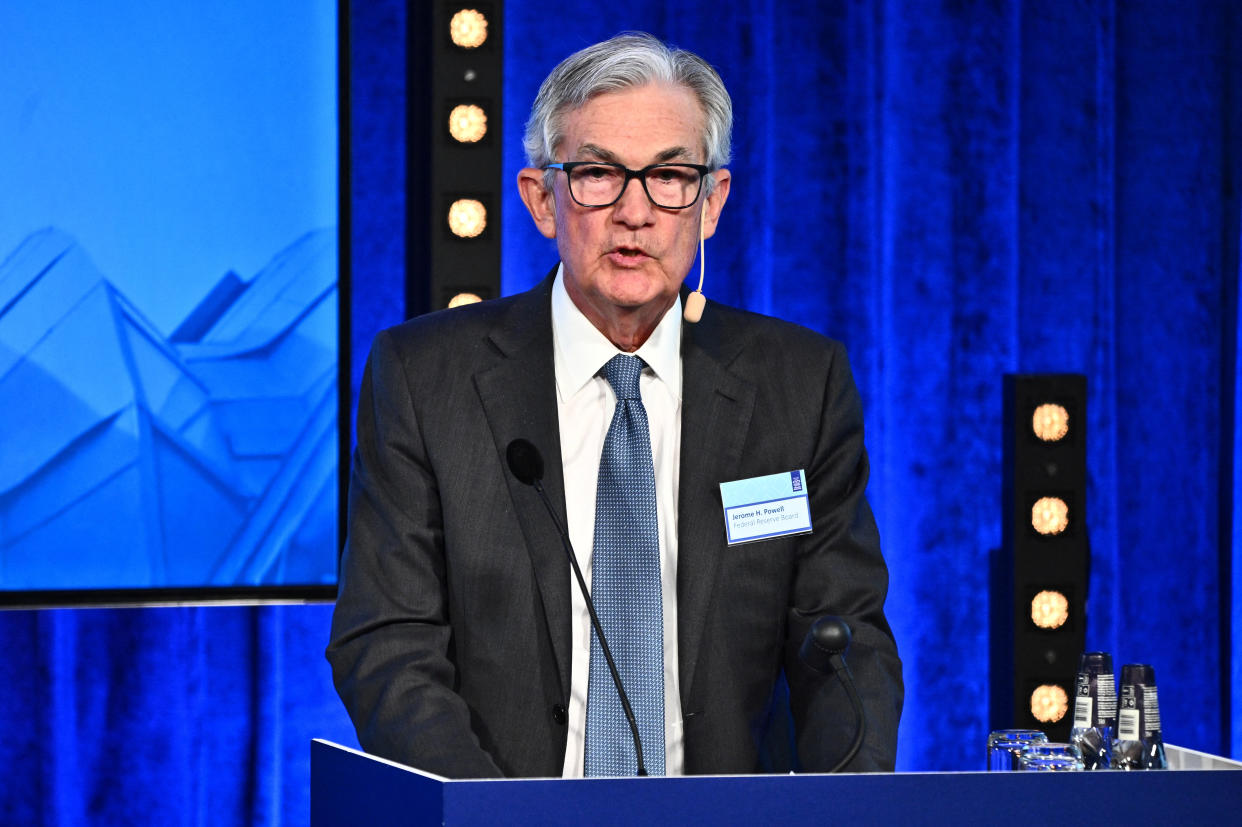Federal Reserve asks big banks to test vulnerabilities to climate-related risks
The Federal Reserve offered new details Tuesday on how it will test the resilience of banks under different climate scenarios.
This news comes less than a week after Fed Chair Powell said the central bank is not a climate policymaker, but does have "narrow responsibilities" to oversee risks from climate change for banks.
“The Fed has narrow, but important, responsibilities regarding climate-related financial risks — to ensure that banks understand and manage their material risks, including the financial risks from climate change,” Vice Chair for Supervision Michael Barr said in a statement on Tuesday. "The exercise we are launching today will advance the ability of supervisors and banks to analyze and manage emerging climate-related financial risks.”
The pilot exercise considers several scenarios for climate risk drivers and asks banks to estimate the effect of those climate risks on different types of loans.
In its climate-testing scenario, the six largest U.S. banks — Bank of America, Citigroup, Goldman Sachs, JPMorgan Chase, Morgan Stanley and Wells Fargo — are tasked with assessing the impact of hurricanes to wildfires, heatwaves, higher average temperatures on residential and commercial real estate loan portfolios over the next year. These are what the Fed calls "physical risk scenarios."
The Fed is also asking banks to evaluate the impact of stresses from the transitioning to a lower carbon economy on corporate and commercial real estate loan portfolios over a 10-year horizon. Banks will calculate and report to the Fed by July 31 the probability of default, internal risk rating grade, and loss given default for each loan in their loan portfolio.
The goal? Learn about banks' risk-management practices when it comes to climate change and improve banks and regulators' ability to measure and manage climate risks related to the financial system.
In a speech last week, Fed Chair Jerome Powell said decisions about policies to directly address climate change should be made by elected branches of government. However, Powell said in his view, the Fed does have "narrow responsibilities" to supervise climate-related financial risks for banks.
"Without explicit congressional legislation, it would be inappropriate for us to use our monetary policy or supervisory tools to promote a greener economy or to achieve other climate-based goals," Powell said. "We are not, and will not be, a 'climate policymaker.'"

The climate scenario analysis is separate and different from the Fed’s annual bank stress tests, which test hypothetical recession scenarios to determine whether banks have enough capital to continue lending to households and businesses. The pilot climate scenario analysis is a test trial to learn and does not have capital consequences.
The Fed expects to release results from the pilot study around the end of the year.
Read the latest financial and business news from Yahoo Finance
Download the Yahoo Finance app for Apple or Android
Follow Yahoo Finance on Twitter, Facebook, Instagram, Flipboard, LinkedIn, and YouTube
